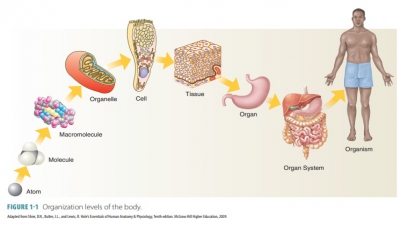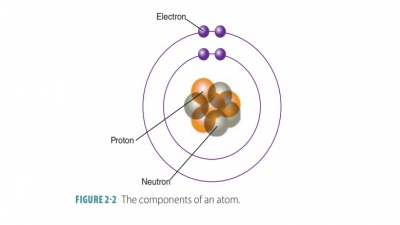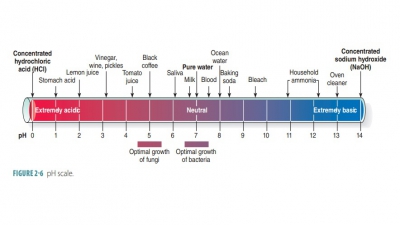Chemical Basics of Life
| Home | | Anatomy and Physiology | | Anatomy and Physiology Health Education (APHE) |Chapter: Anatomy and Physiology for Health Professionals: Levels of Organization : Chemical Basics of Life
Chemistry is the science that deals with the structure of matter, and the study of the human body begins with chemistry.
Chemical
Basics of Life
After
studying this chapter, readers should be able to
1. Describe
the relationships between atoms and molecules.
2. Explain
chemical bonds.
3. Describe
how an atomic number is determined.
4. List
the major groups of inorganic chemicals common in cells.
5. Explain
acids, bases, and buffers.
6. Define
the characteristics of lipids and proteins.
7. Define
pH.
8. Describe
the functions of various types of organic chemicals in cells.
9. List
four examples of steroid molecules.
10. Explain
nucleic acids.
Overview
Chemistry is the science that deals with the structure of matter, and
the study of the human body begins with chemistry. It is essential for other
sci-ences, including physiology, pathology, pharma-cology, and microbiology.
Life is based on atomic, molecular, and chemical interactions. Each cell of the
body contains organelles made up of macro-molecules, and the cells then compose
tissues and organs. The chemical basics of life require the inter-actions of all
these components.



